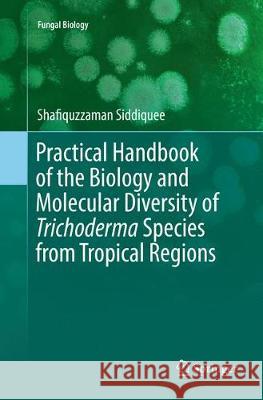Practical Handbook of the Biology and Molecular Diversity of Trichoderma Species from Tropical Regions » książka
topmenu
Practical Handbook of the Biology and Molecular Diversity of Trichoderma Species from Tropical Regions
ISBN-13: 9783319879079 / Angielski / Miękka / 2018 / 102 str.
Practical Handbook of the Biology and Molecular Diversity of Trichoderma Species from Tropical Regions
ISBN-13: 9783319879079 / Angielski / Miękka / 2018 / 102 str.
cena 402,53
(netto: 383,36 VAT: 5%)
Najniższa cena z 30 dni: 385,52
(netto: 383,36 VAT: 5%)
Najniższa cena z 30 dni: 385,52
Termin realizacji zamówienia:
ok. 22 dni roboczych
Dostawa w 2026 r.
ok. 22 dni roboczych
Dostawa w 2026 r.
Darmowa dostawa!
Kategorie:
Kategorie BISAC:
Wydawca:
Springer
Seria wydawnicza:
Język:
Angielski
ISBN-13:
9783319879079
Rok wydania:
2018
Wydanie:
Softcover Repri
Ilość stron:
102
Oprawa:
Miękka
Wolumenów:
01











